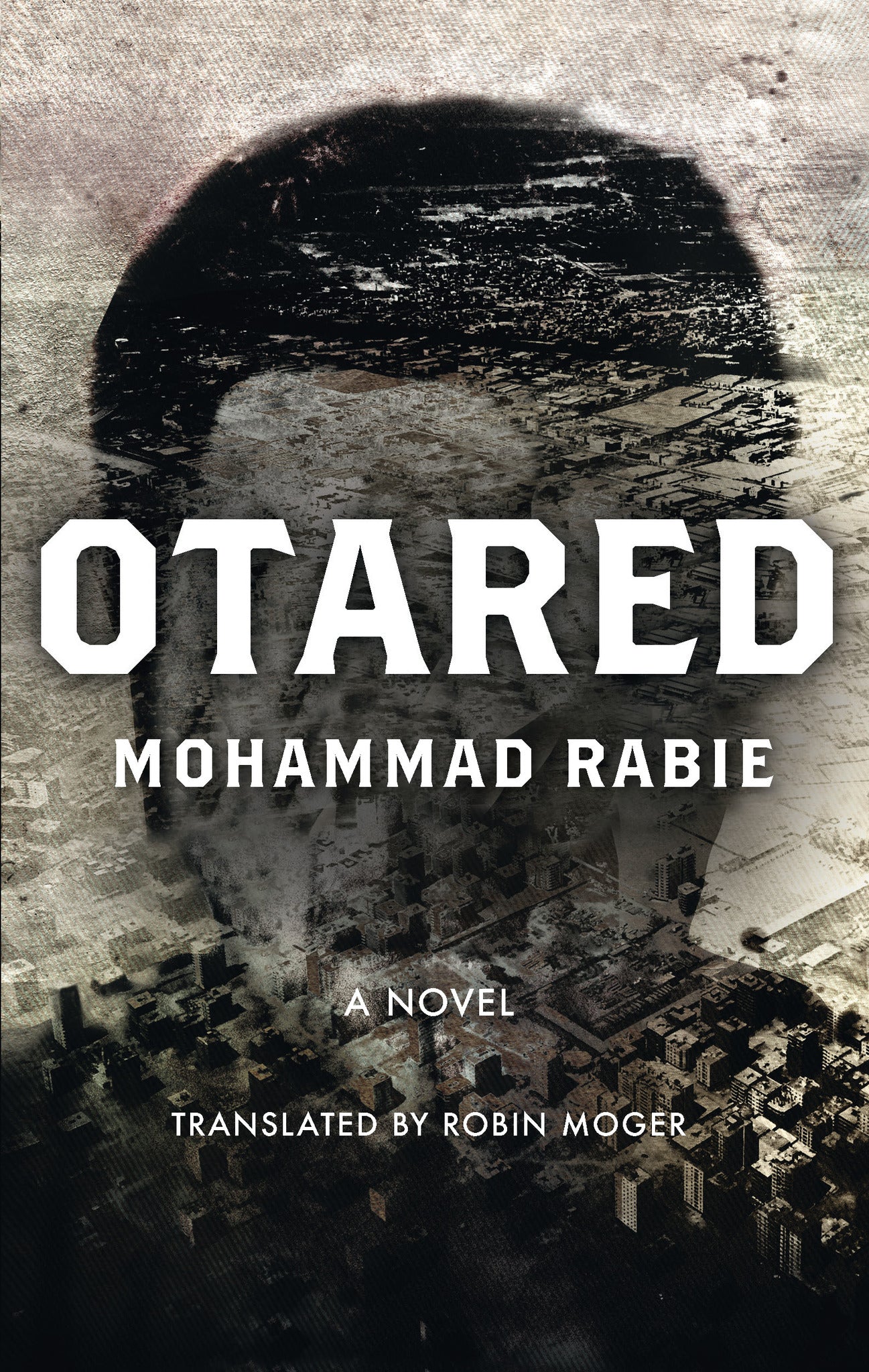We're sorry. An error has occurred
Please cancel or retry.
Otared

Some error occured while loading the Quick View. Please close the Quick View and try reloading the page.
Couldn't load pickup availability
- Format:
-
15 October 2016

SHORTLISTED FOR THE INTERNATIONAL PRIZE FOR ARABIC FICTION
A horror-filled obituary on Egypt's failed revolution
2025: fourteen years after the failed revolution, Egypt is invaded once more. As traumatized Egyptians eke out a feral existence in Cairo's dusty downtown, former cop Ahmed Otared joins a group of fellow officers seeking Egypt's liberation through the barrel of a gun.
As Cairo becomes a foul cauldron of drugs, sex, and senseless violence, Otared finally understands his country's fate.
In this unflinching and grisly novel, Mohammad Rabie envisages a grim future for Egypt, where death is the only certainty.


"Part early Ian McEwan, part Philip K. Dick, Mohammad Rabie's apocalyptic take on the Arab Spring in Egypt is an expressionist coupurgent, disturbing, and eminently readable."—Youssef Rakha, author of The Crocodiles and The Book of the Sultan's Seal
"A book of perverse and stomach-curdling violence that would have been unthinkable before the 2011 revolution, which inspired it."—Times Literary Supplement
"Gritty."—New York Times
"Reading Otared is by and large like having a hand grasping the back of your head, forcing you to look through photos from hell."—The National
"More than just a portrait of a bleak future, this novel is of course a trenchant critique of modern Egypt. In Robin Moger's deft translation, Rabie's deployment of irony is skillfully rendered, a tool he uses to invert his country's contemporary characteristics in an attempt to underscore the absurdity of his narrative."—Culture Trip



